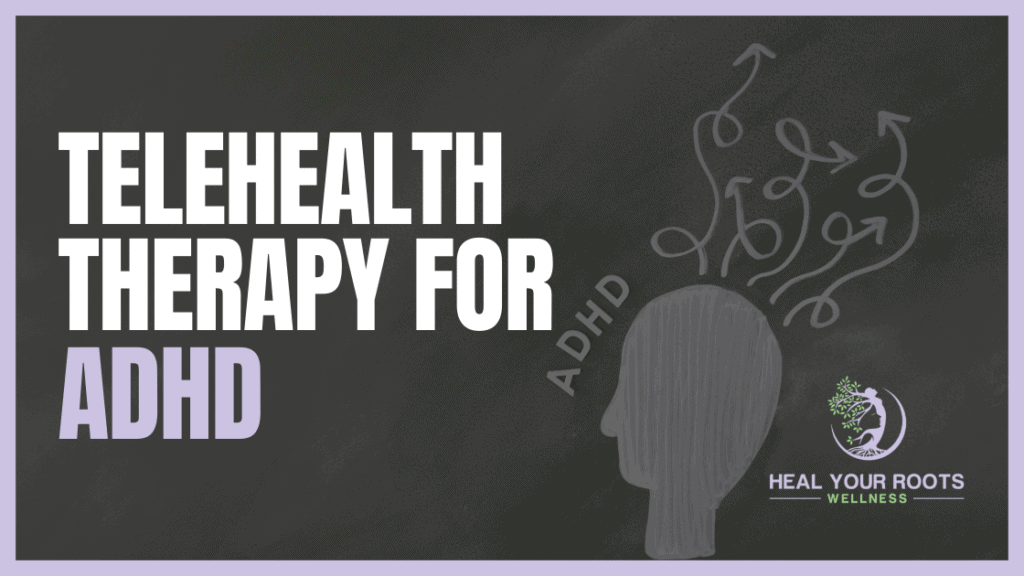What is ADHD?
ADHD, or Attention-Deficit/Hyperactivity Disorder, is a neurodevelopmental disorder characterized by persistent patterns of inattention, hyperactivity, and impulsivity. These symptoms interfere with daily functioning and quality of life.
What is the Cause of ADHD?
The exact cause of ADHD is not fully understood. However, it is believed to be a combination of genetic factors, environmental influences, and neurobiological differences in brain structure and function. Exposure to toxins and prenatal factors may also contribute.
What are the Therapies for ADHD?
Therapies for ADHD include:
- Medication: Stimulant and non-stimulant medications are commonly used to manage symptoms.
- Behavioral Therapy: Techniques such as cognitive-behavioral therapy (CBT) help in skill-building and behavior modification.
- Psychoeducation: Educating the individual and family about ADHD.
- Lifestyle Changes: Diet and exercise can also play a role in managing symptoms.
Each therapy aims to improve the quality of life by reducing symptoms and enhancing functionality.
Telehealth therapy is an increasingly popular way of providing mental health services remotely. In the state of Pennsylvania, telehealth has been increasingly used to help adults with ADHD, allowing clients to access mental health professionals from the comfort and safety of their own homes. This can be especially useful for those with mobility issues or those who may face stigma seeking care in person.
What are the Causes of ADHD?

The causes of ADHD are multifaceted and not fully understood. However, current research emphasizes the role of genetics in the development of ADHD. As stated in the CDC article, “The cause(s) and risk factors for ADHD are unknown, but current research shows that genetics plays an important role. Recent studies link genetic factors with ADHD.”
In addition to genetics, other potential causes and risk factors are being studied, such as:
- Brain Injury: Damage to the brain may contribute to ADHD symptoms.
- Environmental Risks: Exposure to toxins like lead during pregnancy or early childhood can be a risk factor.
- Substance Use During Pregnancy: Alcohol and tobacco use during pregnancy may contribute to the development of ADHD.
- Premature Delivery and Low Birth Weight: These factors may increase the risk of developing ADHD.
It’s important to note that popular beliefs attributing ADHD to factors like sugar intake, excessive TV watching, or poor parenting are not supported by strong evidence. These factors may exacerbate symptoms but are not considered primary causes of ADHD.









